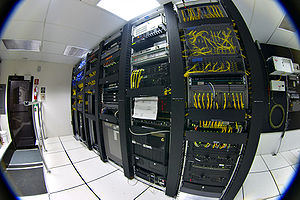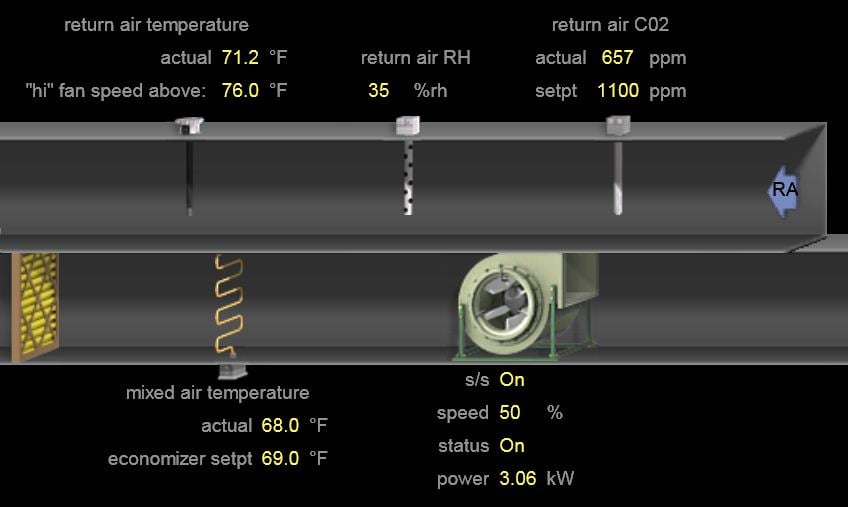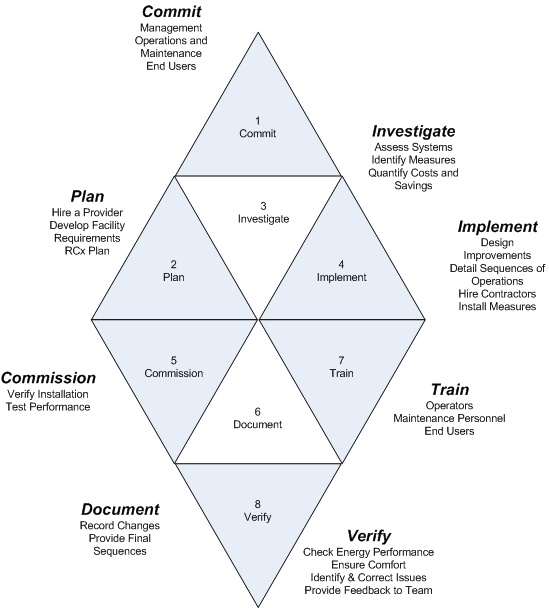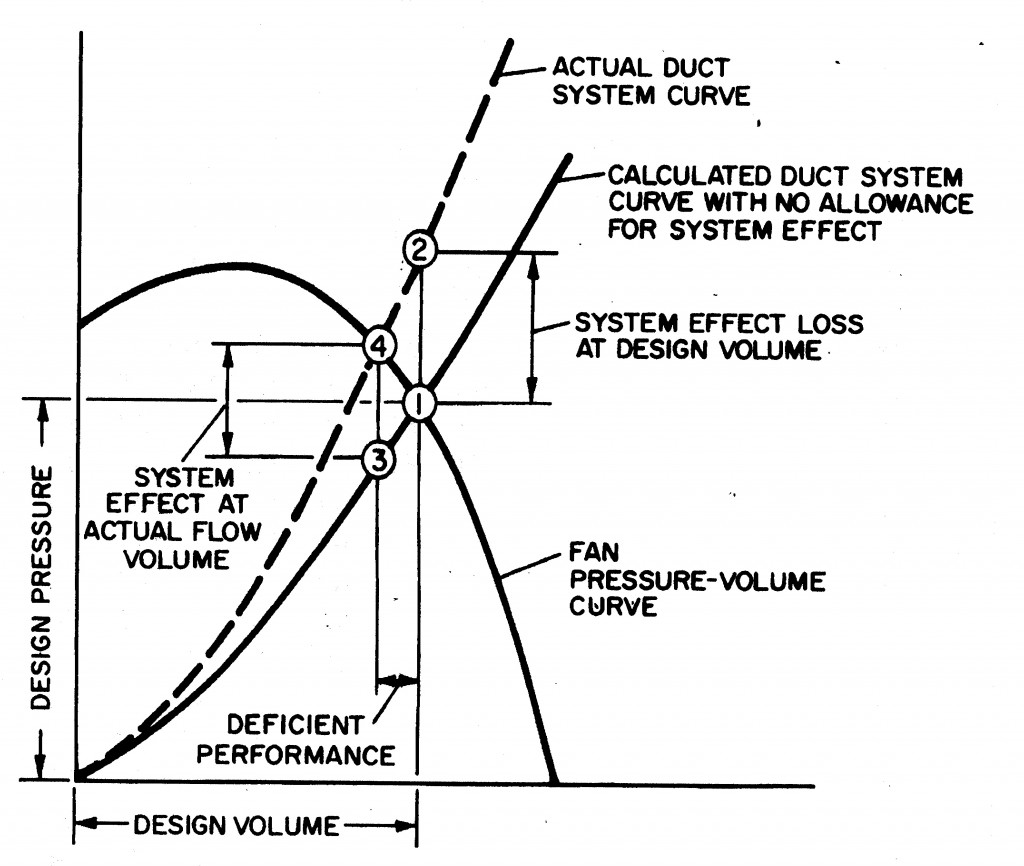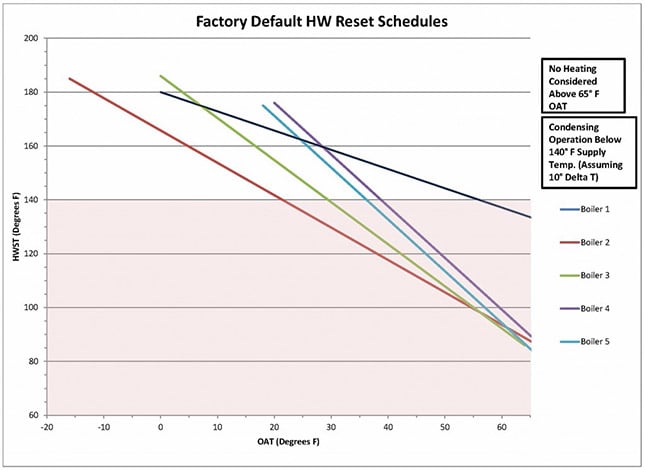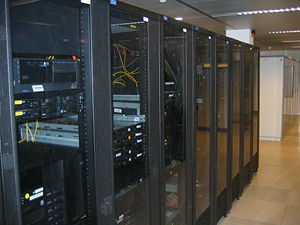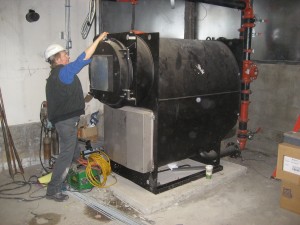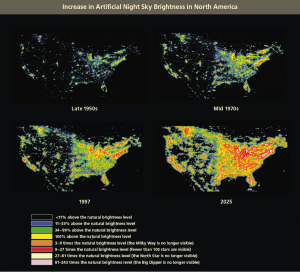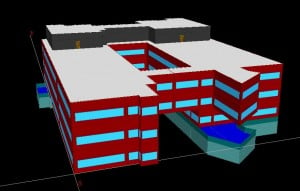When as a facility operator you’re looking to reduce data center energy use, it can be difficult to know where to begin in the process of improving efficiency. Regardless of whether your organization operates a large datacenter, or a small server room, you probably face the same question: Should we start by improving efficiency of the actual IT equipment, the supporting systems such as HVAC, or both?
3 min read
Data Center Efficiency: IT Side Approaches
By Ben Fowler on May 9, 2012 6:00:00 AM
Topics: Energy Efficiency
3 min read
Building Performance Metrics: Why Building Energy Use Feedback Is Essential
By Thomas Anderson on May 2, 2012 6:00:00 AM
As an industry, we provide building operators with efficient heating, ventilation and air conditioning (HVAC) systems as well as powerful building management control systems. Then we expect the operators to run the high-tech HVAC equipment efficiently.
Topics: Standards and Metrics Building Performance & Technology
3 min read
Why the Many Facets of Building Retrocommissioning Matter
By Jennifer Chiodo on Apr 25, 2012 6:00:00 AM
Retrocommissioning (RCx) is rapidly growing in popularity as a tool to cost effectively reduce energy use in existing buildings. A recent study by Lawrence Berkeley National Lab showed that commissioning existing buildings yields significant energy savings and can provide a substantial return on investment. Utility programs are embracing the concept and taking a variety of approaches to helping their customers find providers and engage in an RCx process.
Topics: Building Cx & Design Review
5 min read
Energy Efficiency and Sound Control: Part 1
By Emily Cross on Apr 18, 2012 6:00:00 AM
What does sound control have to do with energy efficient design? This blog post is the first in a three part series that will explore the intersection of sound and energy efficiency in existing buildings. My early experience as an applications engineer in mechanical systems noise control made me aware of the connection between the built environment and equipment energy use. System airflow requirements and the impact of total added pressure drop of sound control solutions are primary design variables for a noise control engineer. Full scale HVAC aero-acoustic laboratory testing is an integral component of sound control design.
Topics: Building Performance & Technology
7 min read
Getting the Most Out of Your Commercial Condensing Boiler
By Matt Napolitan on Apr 11, 2012 9:00:00 AM
First, the fine print. When talking about commercial condensing boilers, caveat emptor – Latin for “buyer beware.” A phrase usually associated with real estate transactions is highly applicable to the purchase and application of “high efficiency” or condensing boilers. There’s no definition of the word “high” when it comes to “high efficiency” boilers. Usually, these are boilers whose construction allows them to operate with lower water temperatures than traditional boilers. This allows them to, in theory, extract more of the useful energy from the fuel source (usually natural gas or propane) than the traditional boiler would. Notice I said “in theory.” I’ll get to that shortly.
Topics: Building Performance & Technology
6 min read
Energy Performance for Computer Datacenters: Macro Trends
By Ben Fowler on Apr 4, 2012 6:00:00 AM
There are many opportunities to improve computer datacenter energy performance, whether you’re operating a small server closet, or a large datacenter in a Fortune 1,000 company. But the key to tackling energy use in datacenters is measuring and tracking energy performance over time. Relevant measurement of energy performance over time is feasible now, but that has not always been the case.
Topics: Standards and Metrics Energy Efficiency
3 min read
Design Engineers Benefit from Building Commissioning
By Eveline Killian on Mar 28, 2012 6:00:00 AM
As an HVAC design engineer and an energy analyst, I was intrigued by the building commissioning process when I first came to work for Cx Associates. The building commissioning process is where the theoretical design world meets the reality of “how does my building actually work”? Designers typically don’t get this feedback; they must move on to their next job as soon as the design is complete. In addition, design engineers almost never get on the job site during construction to see design issues first hand, nor do they typically receive feedback on how the building operates after occupancy. This lack of feedback is recognized as a lost opportunity for continuous improvement, but it’s a reality.
Topics: Building Cx & Design Review
3 min read
Light Pollution – An Energy, Environmental and Security Problem
By Jennifer Chiodo on Mar 21, 2012 6:00:00 AM
What is light pollution? It's light that goes where it is not useful. The human race evolved with dark skies at night. The advent of electrification has lead to a proliferation of nighttime lighting that we use to help us find our way and to increase our security in the dark.
Topics: Sustainability Energy Efficiency
5 min read
Measurement & Verification of Building Energy Savings: Work Smart Not Hard
By Emily Cross on Mar 14, 2012 6:00:00 AM
Anyone involved in the Measurement and Verification (M&V) of building energy savings has encountered Stratified Random Sampling (SRS), a statistical tool used to handle the huge volume of data from the large number of projects and measures in a typical building energy research effort. From calibrated energy modeling to program evaluation and from the field through to the whitepaper, the use of applied statistical principles will simplify and improve the accuracy and defensibility of your M+V work.
Topics: Standards and Metrics
6 min read
Quality Building Commissioning Services: What to Look For
By Jennifer Chiodo on Mar 7, 2012 5:00:00 AM
Understanding Commissioning
I recently received an RFP for building commissioning services that included the following statements:

